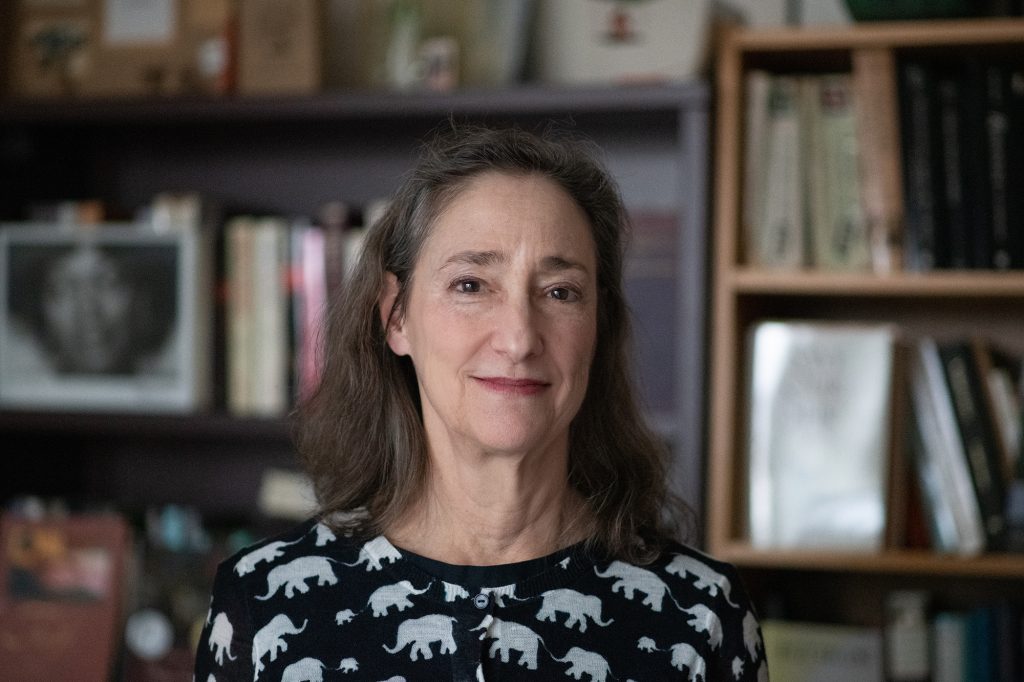Poem by English Professor Barbara Ungar published in Scientific American
March 28, 2023 · 2023
Scientific American, which has featured the work of more than 200 Nobel Prize winners and holds the distinction of being the oldest continuously published magazine in the United States, included a poem by Dr. Barbara Ungar, professor of English at Saint Rose, in its January 2023 issue.
Her poem, “Weight,” which ponders the dysfunctional relationship humans have with the natural world, was showcased in the magazine’s “Meter” column, edited by Dava Sobel.
Ungar joined the Saint Rose faculty in 1995 and has received acclaim for her poetry and work as a professor.
She won the Ashland Poetry Press Richard Snyder Memorial Publication Prize for “Save Our Ship,” her fifth full-length poetry collection. Kirkus Reviews named “Save Our Ship” among its Best Books of 2019, one of only seven independent poetry books included. Her 2015 collection, “Immortal Medusa,” made the Best Books list in 2015.
“After Naming the Animals,” her sixth book, is scheduled to be released by The Word Works this June.
At Saint Rose, Ungar received the 2022 Thomas A. Manion Distinguished Faculty Award, presented by the Alumni Association in recognition of excellence in teaching, outstanding professional accomplishment, and concern for students demonstrated by influencing their professional and personal lives.
We asked Ungar recently about having her work featured in Scientific American.
How did your poem make it to Scientific American?
This is my first time being published in Scientific American, which I would never have dreamed of. My editor told me that Scientific American had a column, “Meter,” that published a poem once a month, edited by Dava Sobel (author of “Galileo’s Daughter”). Since I had been writing science-inflected poems for some time, I gave it a shot and was surprised to hear back almost immediately. I am delighted to have this poem reach a wider audience, not just poetry readers.
What does it mean to you to have your work featured in this magazine?
It means so much to me because my father, a professor of biochemistry at the University of Minnesota Medical School, read Scientific American every night. When he got home from work, our mother would grab the car keys and hit the grocery stores with her coupons; we would sit at the dining room table and do our homework while Dad read Scientific American. He tried so hard to turn the four of us into scientists, but all of us became artists of one kind or another. I hope he knows I’ve finally made it into his favorite journal.
He died in 2012, and I wrote “Immortal Medusa,” largely an elegy for him; at the end of that book, I began writing poems about sea creatures, such as the immortal jellyfish of the title poem. That led, on my last sabbatical (2018-2019), to my reading about the environmental crisis while I finished my last collection of poems, “Save Our Ship.” Among others, I read E. O. Wilson’s “Half Earth,” David Wallace-Wells’ “The Uninhabitable Earth,” and Elizabeth Kolbert’s “The Sixth Extinction,” which inspired a chapbook about endangered species, “EDGE,” as well as a new course in eco-literature that I have been teaching at the College.


